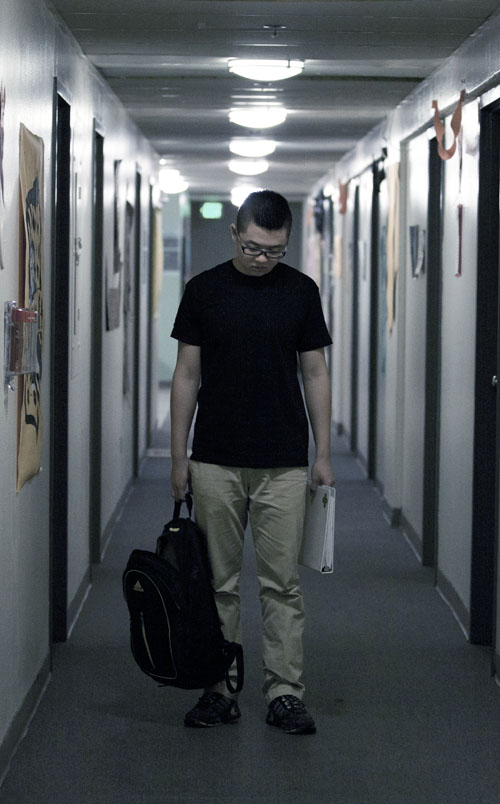You’ve got midterms. You’ve got finals. You work a job, maybe two. The life of a college student can be hectic and filled with stress. Luckily for students at Portland State, the Center for Student Health and Counseling is here to help.
Help is on the way at SHAC

You’ve got midterms. You’ve got finals. You work a job, maybe two. The life of a college student can be hectic and filled with stress. Luckily for students at Portland State, the Center for Student Health and Counseling is here to help.
Anyone taking five credits or more can go into SHAC and talk to a counselor about any type of problem they’re having. Whether it’s the strain of an 18-credit course load or the sting of a recent breakup, someone is there to speak with you and help you figure things out.
“Seeking help is a good thing,” said Marcy Hunt-Morse, director of counseling and psychological services. “We are here to help students and support them.”
So, how does someone talk to a counselor? It’s just like setting up an appointment with a
doctor at SHAC.
The first appointment is called an intake, and is scheduled a month in advance. The purpose of the intake is to determine how many sessions to schedule and which times will work best for the student.
According to Hunt-Morse, the number-one issue counselors deal with at SHAC is school- or work-induced anxiety. Group counseling is also available, and can include as many as six to eight students. SHAC even has walk-in counselor hours, during which anyone can stop by and speak to a counselor.
It is recommended that interested students first come by during walk-in hours to determine whether further sessions are needed. If so, students will be set up with an appointment to meet with the best person for their situation.
“The idea would be [that], by the end of their treatment, we have helped them to better manage whatever brought them in,” Hunt-Morse said. “Sometimes that takes one session, sometimes it take four or five.”






